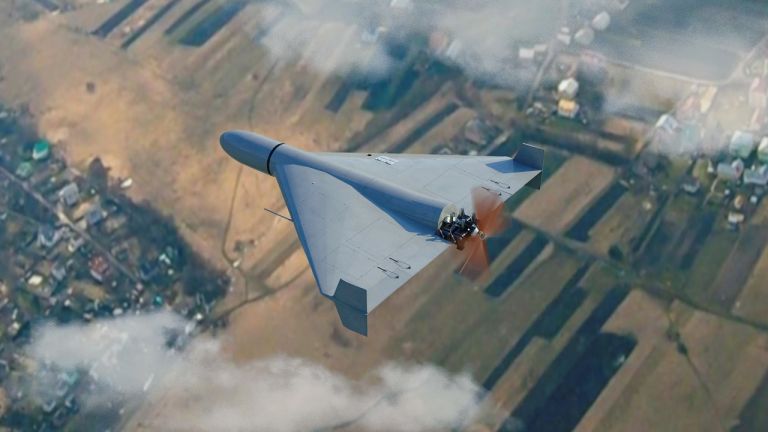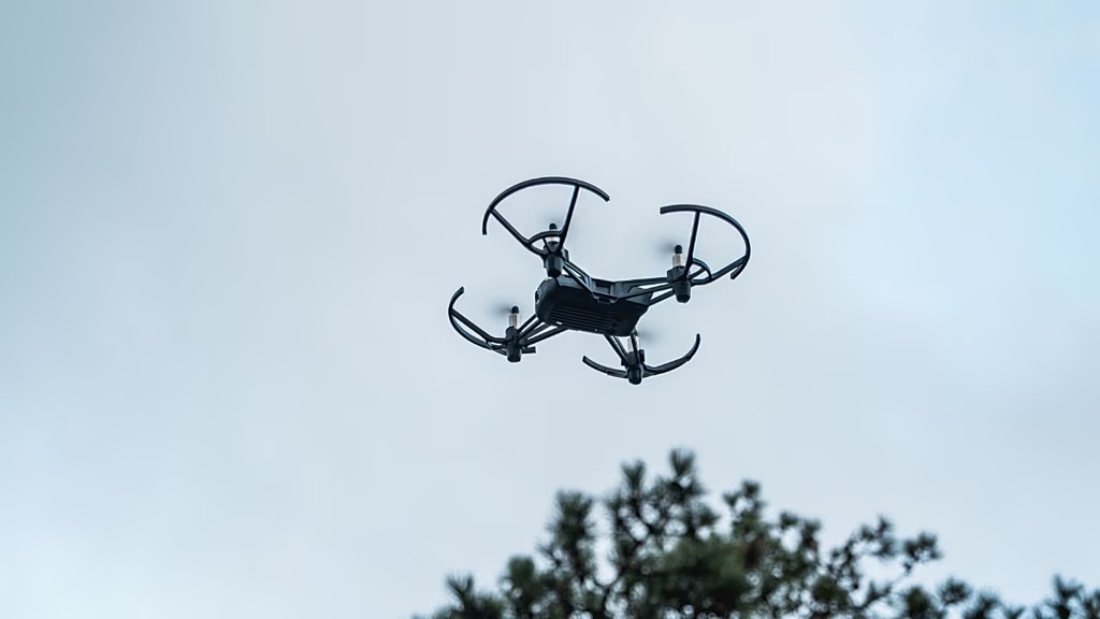Combat Drones in Greece: Ukrainian Technology That Is ‘Shaking’ Turkey

Πηγή Φωτογραφίας: AP Photo/Combat Drones in Greece: Ukrainian Technology That Is ‘Shaking’ Turkey
A technological leap overshadowing Zelensky’s visit to Athens
President Volodymyr Zelensky’s recent visit to Athens was publicly framed around an energy agenda — LNG purchased by Greece from the U.S. and resold to Ukraine. But behind closed doors, something far more strategic was unfolding.
According to Greek and Turkish media reports, Greece and Ukraine sealed a co-production agreement for armed naval unmanned vehicles (UAVs). The deal only came to light after leaks to Greek outlets, and its revelation has already stirred intense debate in Turkey.
For Ankara, the development is anything but benign. Turkish newspapers and TV networks describe the agreement as carrying a “hidden target,” arguing that Athens is stepping into a field where Turkey has already invested heavily, now empowered by Ukrainian wartime know-how.
The shadow of the Moskva and Turkey’s growing concern
The Ukrainian naval drones that helped sink Russia’s flagship Moskva have already become symbols of battlefield innovation. Turkish commentary draws a direct line between that historic strike and the new Greek-Ukrainian deal, warning that the same technology that crippled the Russian fleet may now be produced in Greece.
Production is expected to take place in Greek shipyards, most notably Skaramagas, with local companies supplying sensors, optics, electronic suites and — if required — explosive payloads. These drones will equip both the Ukrainian military and the Greek Armed Forces.
To Ankara, this means one thing:Greece is gaining access to capabilities that until now were a niche strength of Turkish defense industry — particularly Turkey’s own IDA unmanned surface platforms.

SAFE, vetoes and Europe’s quiet involvement
Another sensitive point for Turkey involves funding. Turkish reports claim Greece seeks to channel the project into the EU’s massive SAFE defense program, worth €150 billion.
One detail has especially angered Ankara: Turkey had reportedly shown interest in joining the program, but Greece allegedly vetoed the idea.
Fact or myth, the narrative is politically powerful: Athens and Kyiv appear as a rising axis within the European defense ecosystem, while Turkey is kept outside looking in.
The ‘secret’ expert mission and the fear of escalation
Greek sources note that a team of Greek specialists will soon travel to Ukraine, though the date will remain undisclosed for security reasons due to wartime conditions.
Turkish analysts interpret this secrecy as proof that the agreement has deeper strategic intent than Athens and Kyiv openly admit. Some even argue the systems might one day be deployed in the Aegean to counter Turkey’s IDA platforms.
Whether speculation or foresight, the concern highlights the sensitive nature of the emerging naval drone race.
Zelensky in Turkey: bridge-builder or message sender?
Amid all this, President Zelensky is traveling to Turkey. Officially, the agenda focuses on reviving the humanitarian channel for prisoner exchanges between Ukraine and Russia, under the renewed framework of the Istanbul Agreement.
Ukrainian official Rustem Umerov stated:
“On behalf of the President of Ukraine, I recently held mediation talks with our allies in Turkey and the United Arab Emirates to relaunch the exchange process and free our people from Russian captivity.”
The renewed process could lead to the release of 1,200 Ukrainian prisoners, with technical consultations already being prepared.
Yet diplomats believe the Greek–Ukrainian drone deal will inevitably surface in the meetings, as Ankara cannot ignore a technological shift unfolding so close to its maritime sphere of influence.
A new geopolitical landscape takes shape
The overall picture is complex:
- Greece strengthens its defense capabilities through Ukrainian know-how.
- Turkey senses a strategic perimeter forming around it.
- Europe sees a potential new node in its evolving defense architecture.
- Zelensky tries to maintain a humanitarian dialogue with Russia, with Turkey as the indispensable intermediary.
In an era where naval drones redefine the rules of warfare, Ukrainian technology entering Greek shipyards is not a routine industrial cooperation — it is a strategic recalibration.
And for Turkey, a nation that has aggressively advanced its own unmanned naval fleet since 2021, the message is unmistakable: the competition has just escalated.
Πηγή: pagenews.gr
Διαβάστε όλες τις τελευταίες Ειδήσεις από την Ελλάδα και τον Κόσμο






Το σχόλιο σας